Though Hollywood is known for its outlandish personalities and larger-than-life figures, Hedda Hopper still managed to stand out as one of the most divisive firebrands in show business history. While she is mostly remembered for her vitriolic gossip column that ran for decades in papers across the country, Hopper herself was a spectacle through her bombastic antics and her trend-setting fashion choices. Hopper was not beloved by all, but she carved a niche for herself in a difficult industry by constantly adapting to Hollywood’s ebbs and flows and remaining relevant no matter how the business changed around her.
Hedda Hopper is well-known to Hollywood history buffs, and her impact is still being felt in the way the media approaches celebrity and celebrity culture in general. For modern audiences, Hopper was immortalized as part of the Ryan Murphy TV show Feud, in which her relationship with Joan Crawford was dramatized. The Golden Age of Hollywood was far from the idyllic era that nostalgia has made it out to be, and Hopper cut a swath through Tinseltown that was fascinating, salacious, and problematic. Like most figures from history, Hopper wasn’t just one thing, and her illustrious career is difficult to define because it was one of a kind.
Who Was Hedda Hopper?
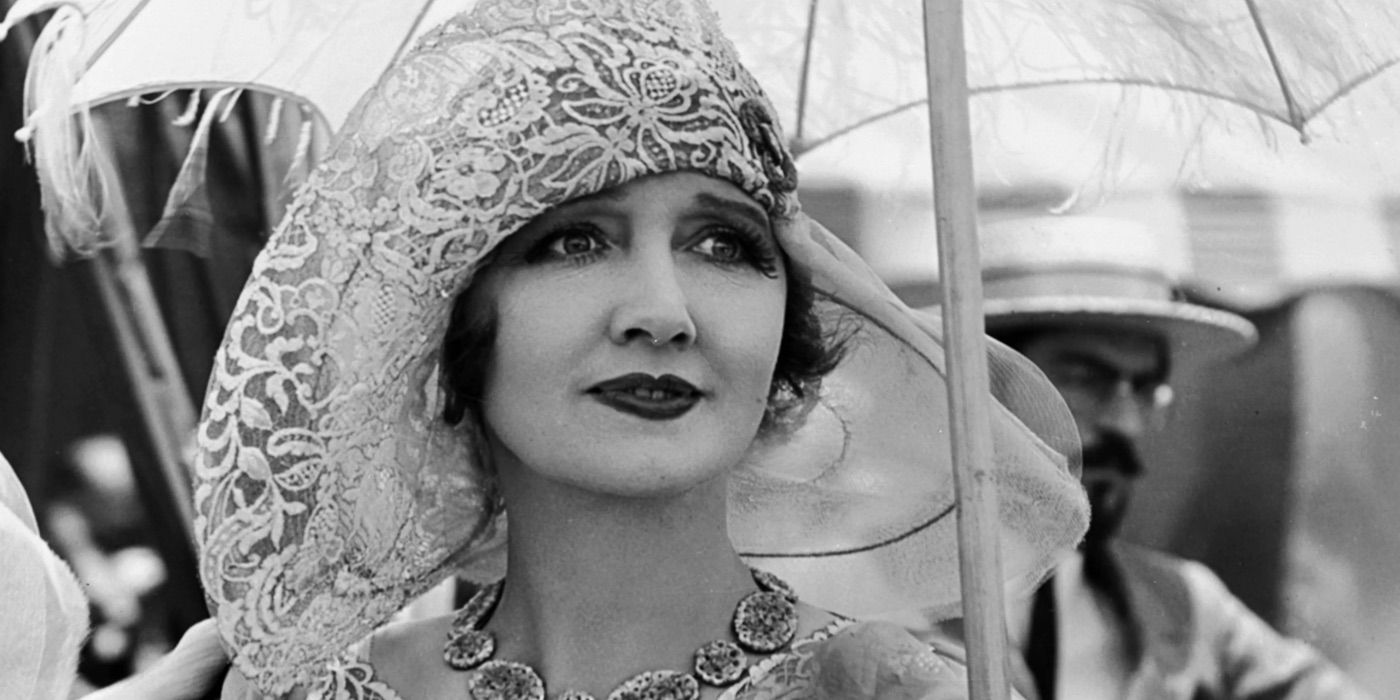
The woman who would eventually be known to the world as Hedda Hopper was actually born Elda Furry in Hollidaysburg, Pennsylvania in 1885. Hopper would eventually make her way to New York where she would pursue a career as an actor on stage in various theater productions. It was there that she would meet her first husband, matinée idol DeWolf Hopper, becoming his fifth wife. According to Time Magazine, Hopper then consulted with a numerologist who suggested she adopt the name of “Hedda”. It stuck, and she would be known as Hedda Hopper for the rest of her life.
Hopper’s career eventually took her to Hollywood where she would not only find more work as an actor on screen but eventually discover her true calling which was writing. A long screen career gave way to triumph as a columnist and reporter, and Hedda Hopper’s performances were forever overshadowed by her razor-sharp pen. Before her death, Hopper penned two autobiographies that recounted her life, the first of which was published in 1952 and was titled From Under My Hat. She followed that bestselling book with The Whole Truth and Nothing But which was released a decade later in 1962.
Hopper The Actress
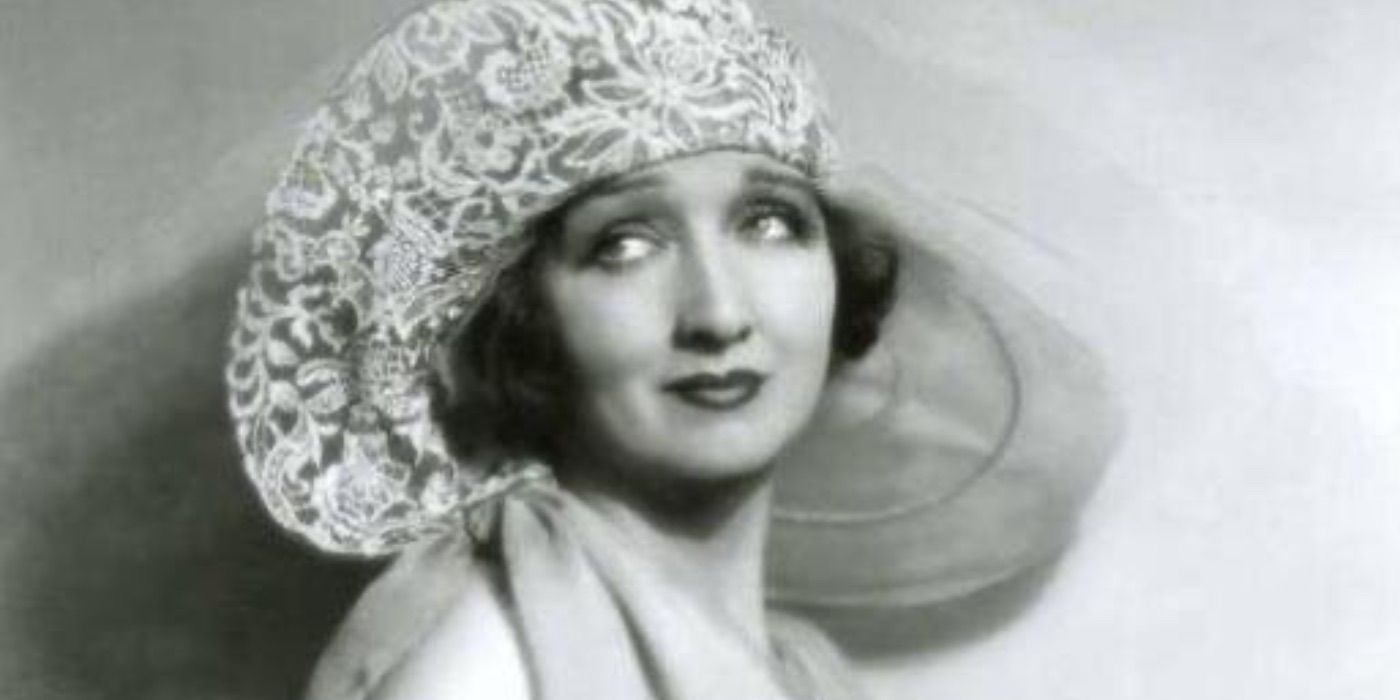
As previously mentioned, Hopper made it to Hollywood in the 1910s where she established herself as a silent movie star in early films like 1916’s The Battle of Hearts which has been lost. However, it was 1918’s Virtuous Wives that made her a star and established her public image as a society woman (via Vanity Fair). She would continue to be typecast for the rest of her acting career in similar roles, though a host of her movies made before 1930 have been lost. All told, Hopper would appear in over 100 movies in her career as an actor, and leave an indelible mark on Hollywood even if most of her work isn’t available today.
“Hedda Hopper’s Hollywood” – Her Notorious Gossip Column
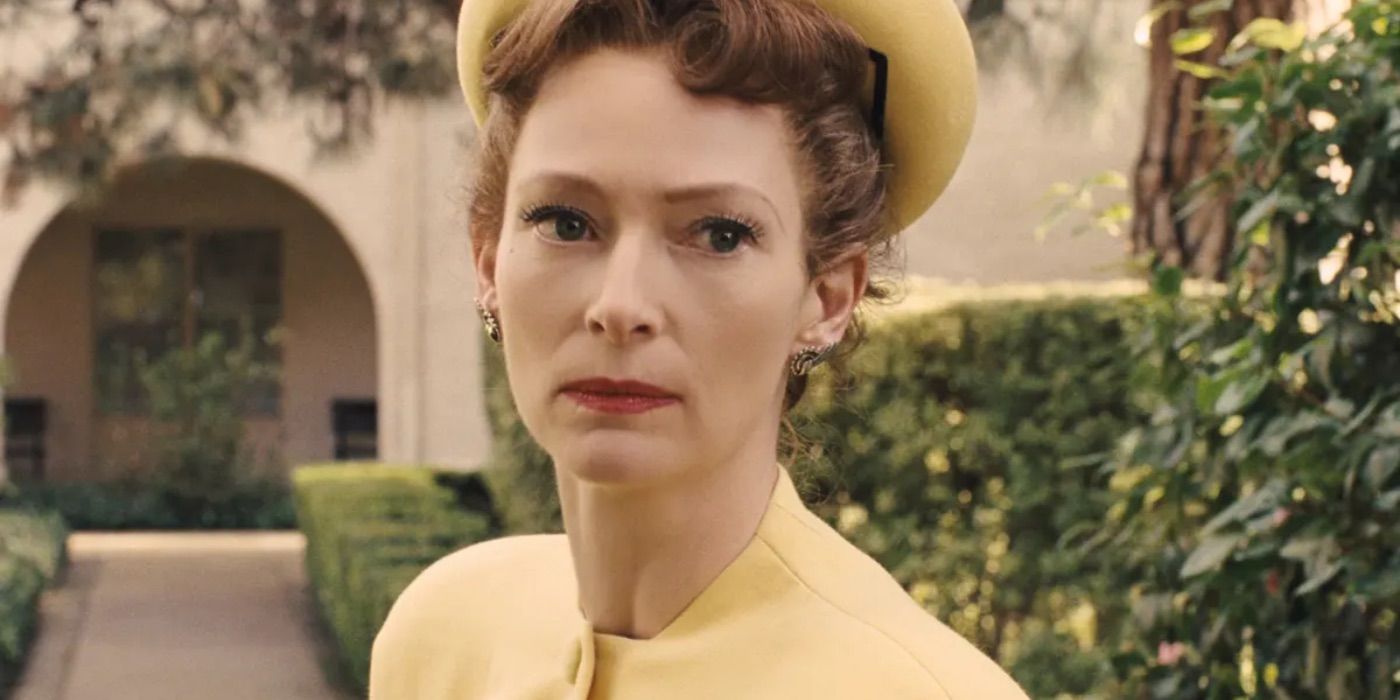
Though Hedda Hopper had an impressive multi-decade career as an actor, her work began to dry up in the 1930s, and she took to writing to supplement her dwindling income. In 1938, Hopper began penning “Hedda Hopper’s Hollywood” for The Los Angeles Times and quickly established herself as a major force in salacious journalism. She began dropping scoop stories on many of the biggest stars of the Golden Age of Hollywood which didn’t earn her many friends among those that she was skewering with gossip.
Whether she was spreading rumors about extra-marital affairs or revealing actresses’ pregnancies on the front page of major newspapers (via Vanity Fair), Hopper had a serious pull. In fact, at the height of her column’s syndication, Hopper commanded 75 million readers which accounted for most of the United States at the time. Amid the greatest Hollywood movies of the 1940s, Hopper found a way to reclaim her star status as a writer, and her days as an actor were almost completely overshadowed by her time behind a typewriter.
Hedda’s Famous Hats
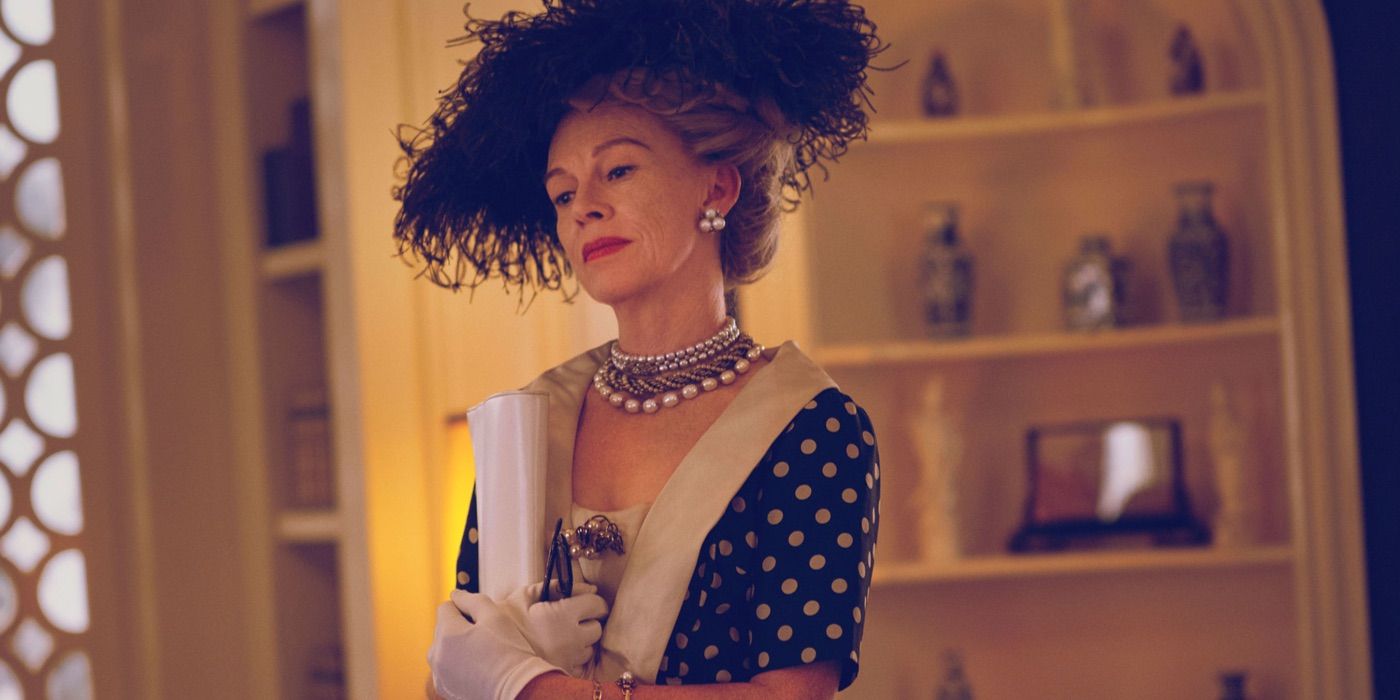
Dating back to her days as an actor on screen, Hedda Hopper gained a reputation for her extravagant outfit choices that made her a walking billboard for Hollywood eccentricity. However, it was her propensity for hats that would become her signature look, and she would almost never be seen without a one-of-a-kind piece of headgear. According to The Chicago Tribune, Hopper’s hats were so iconic that she was actually allowed by the IRS to claim a $5,000 tax deduction on them as a business expense. The acid-tongued columnist would even name her first autobiography From Under My Hat as a tribute to her iconic look.
The Blacklist
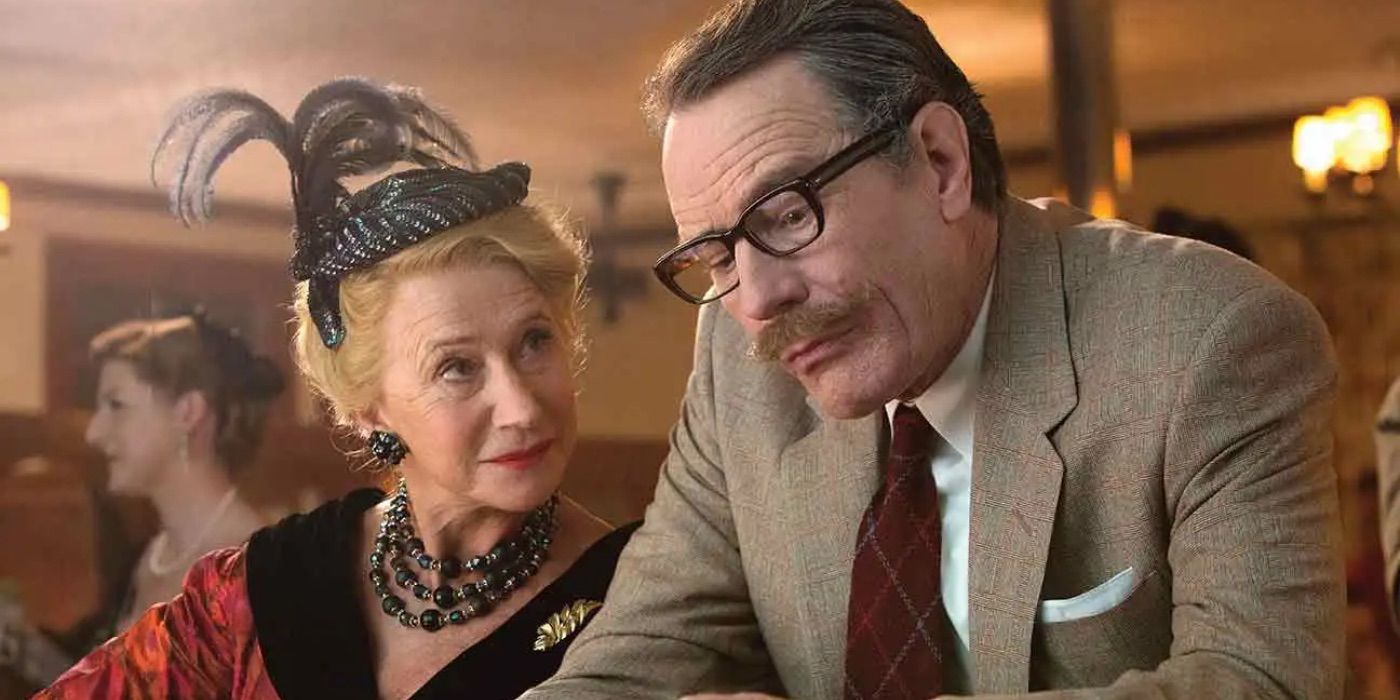
Several notable Hollywood careers were ruined by the blacklist, and the House Un-American Activities Committee of the 1950s had a friend in journalist Hedda Hopper. Spearheaded by Wisconsin Senator Joseph McCarthy, the HUAC targeted Americans with supposed Communist sympathies and pressured industries like Hollywood to refuse to work with them. While many outright rejected the anti-Communist witchhunt, Hedda Hopper delighted in using her column as a place to outright accuse many figures in Hollywood of being leftists.
According to Salon magazine, one of Hopper’s biggest targets was screenwriter Dalton Trumbo who she consistently denounced as a Communist. As a result, Trumbo was blacklisted in Hollywood throughout the ’40s and ’50s and forced to work under pseudonyms. She continued her crusade years later when Trumbo penned the script for the film Spartacus under his real name, which prompted the aging writer to warn readers not to see the film (via The Criterion Collection). The actions of people like Hedda Hopper caused a major rift in the political heart of Hollywood for decades and is a black mark on her remarkable career.
Hedda Hopper & Joan Crawford
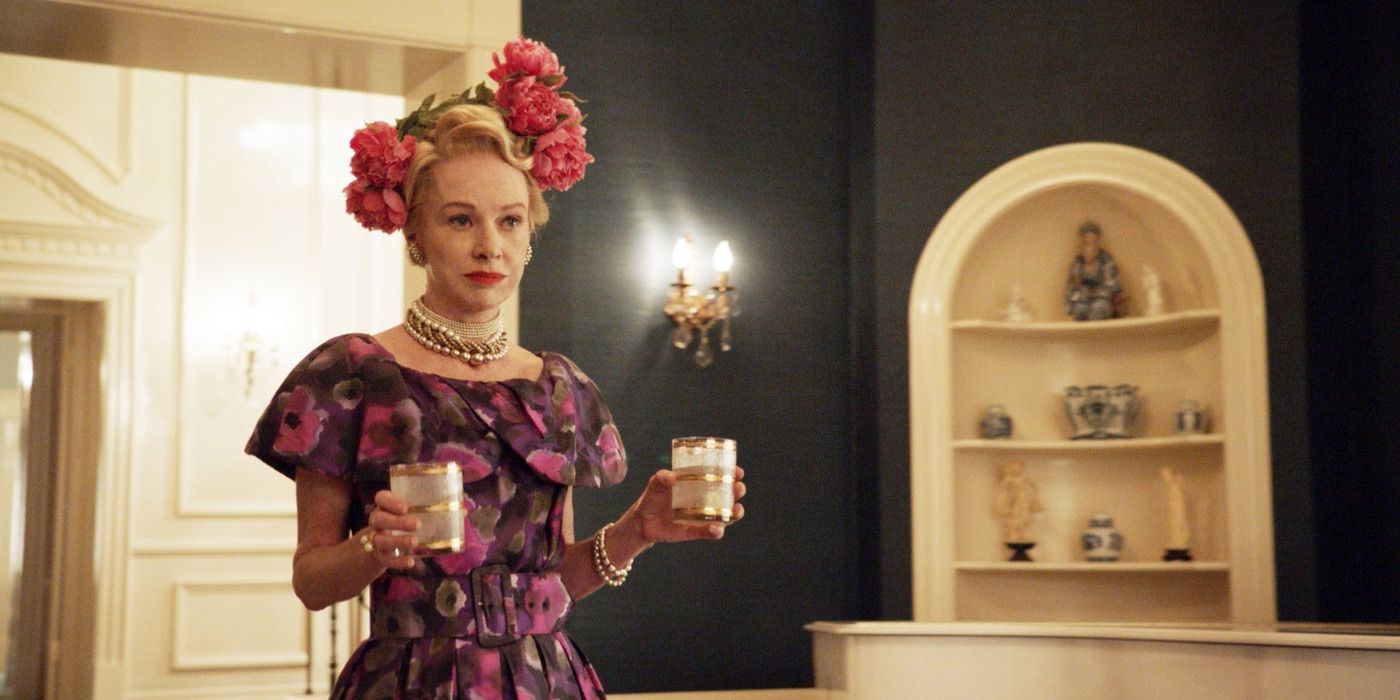
Though she spent the bulk of her career tearing others down, Hedda Hopper actually emerged as an advocate for the career of actor Joan Crawford after it took a hit in the ’40s. Known for starring in some of the most progressive movies of the ’40s, Joan Crawford was labeled as “box-office poison” by the Independent Theater Owners Association in 1938 (via Biography) which severely hindered her career. Though the statement was largely untrue, Crawford was the underdog in 1945 when Hopper dedicated her popular column to touting her performance in Mildred Pierce.
Hopper urged the Academy to consider Crawford for the Oscar that year, which is the first recorded instance of lobbying for an Oscar, a common practice now (via Vanity Fair). Crawford did eventually win the award, and a lot of credit is given to Hopper for her dogged determination. Hopper’s connection with Crawford would eventually make her a central figure in the series Feud, further cementing her legacy as a Hollywood legend.
Hopper’s Death
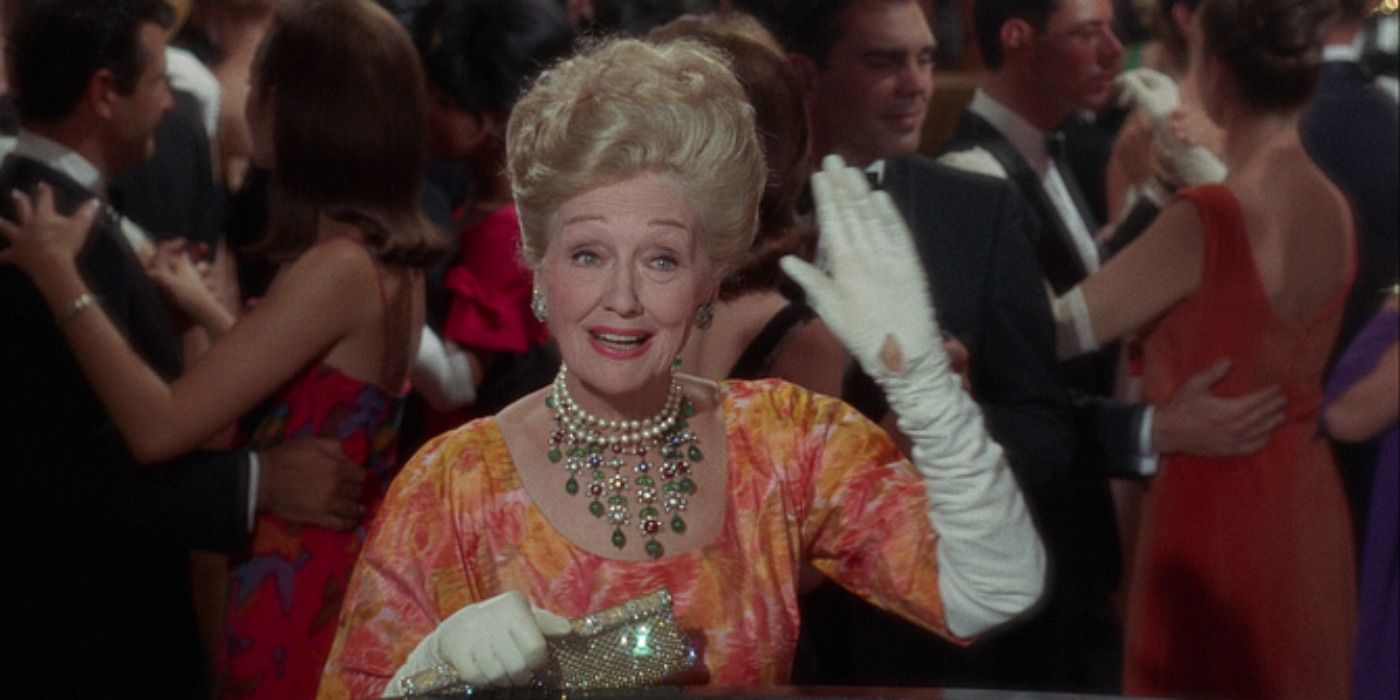
Hopper’s days as a true firebrand began to wane by the 1960s as she continued on her conservative crusade well into her 70s. Though she still commanded an audience, she lost the power to truly influence others, and longtime rivals like Dalton Trumbo were finally welcomed back into the Hollywood fold as Hopper herself was on the way out. Hedda Hopper died in 1966 at the age of 80 from complications deriving from double pneumonia (via New York Times). She was buried in Altoona, Pennsylvania.
Hedda Hopper’s Legacy
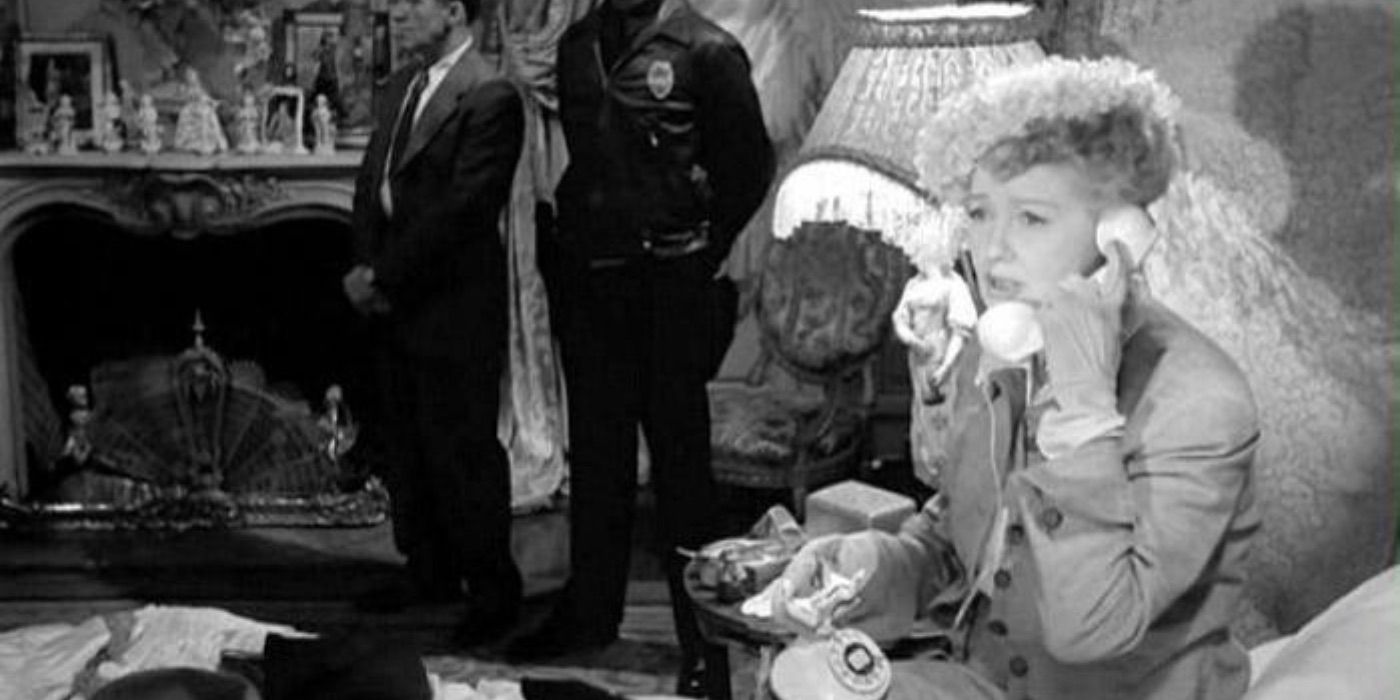
As is the case with a lot of Hollywood icons, Hedda Hopper‘s legacy is cloudy at best. While she blazed a trail for modern gossip journalism and established precedent for how celebrities are reported on, she also harmed quite a few lives with her vitriol. Besides the gossip, which was harmful enough on its own, Hopper’s political crusades had very real consequences on the lives of many people in a time when being accused of homosexuality or Communist sympathies was a serious offense. Nevertheless, she is an inspiring figure in her own way, because she carved a spot for herself in a business where women were often excluded.




